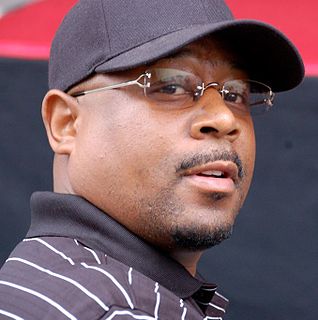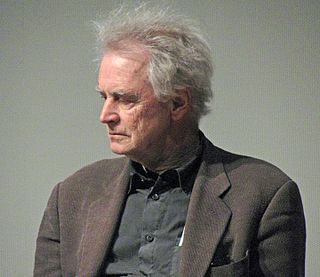A Quote by Jay Asher
Related Quotes
In Pakistan, many of the young people read novels because in the novels, not just my novels but the novels of many other Pakistani writers, they encounter ideas, notions, ways of thinking about the world, thinking about their society that are different. And fiction functions in a countercultural way as it does in America and certainly as it did in the, you know, '60s.
On the contrary, it's because somebody knows something about it that we can't talk about physics . It's the things that nobody knows anything about that we can discuss. We can talk about the weather; we can talk about social problems; we can talk about psychology; we can talk about international finance gold transfers we can't talk about, because those are understood so it's the subject that nobody knows anything about that we can all talk about!
I always wanted to have a young female artist that would tell me the truth about life and not only talk about the good things or the things that were exciting or interesting but also talk about the things that people in general are skeptical to talk about- the bad things that do happen. A good 50% of our lives is things that are happening that we're not necessarily super thrilled about and I feel like that's missing from pop music a lot of the time so my main goal is to be truthful about everything and not just specific things.
Of all the things about de Sade, I would argue he is funny. A lot of people didn't understand de Sade. No. 1, he is a very good writer, and No. 2, he had the courage to talk about a lot of things that in public, even now, almost nobody has the courage to talk about. He would do it with a kind of funny way - not the stories themselves, but the way he tells them. He is never serious.







































